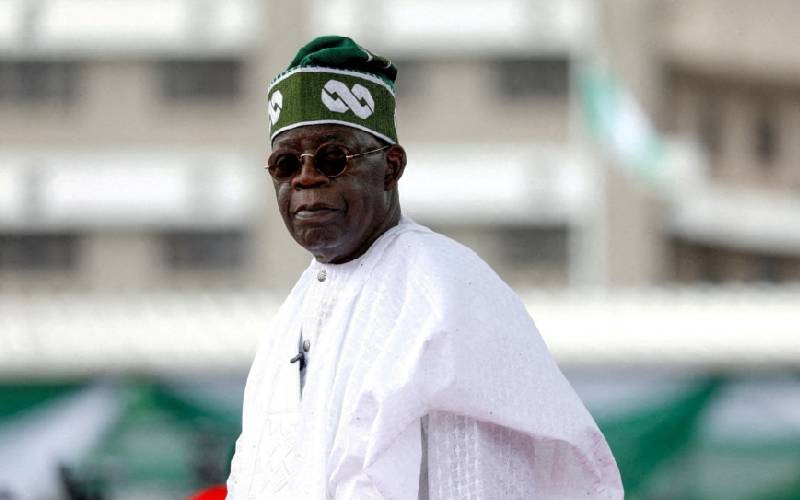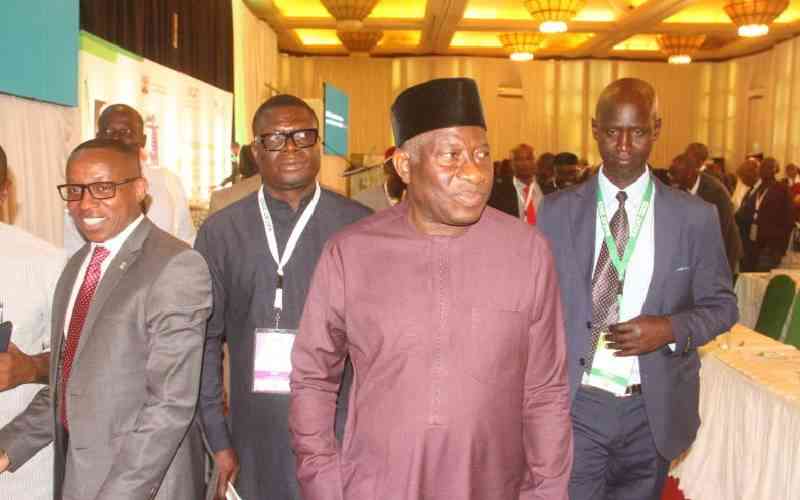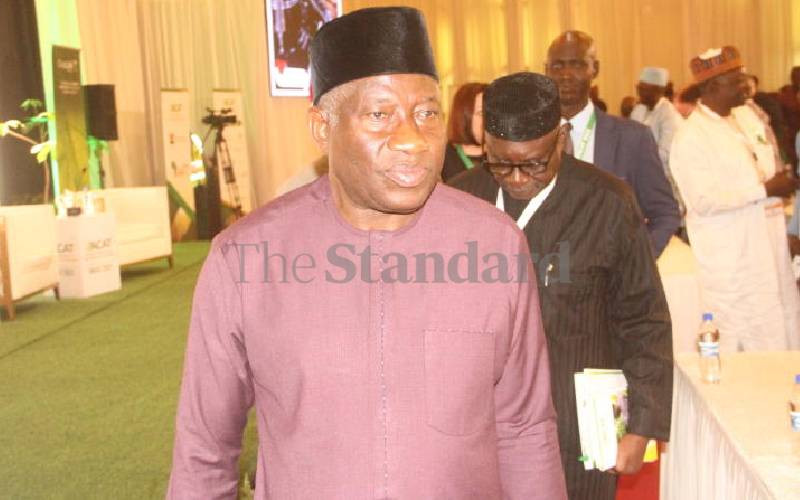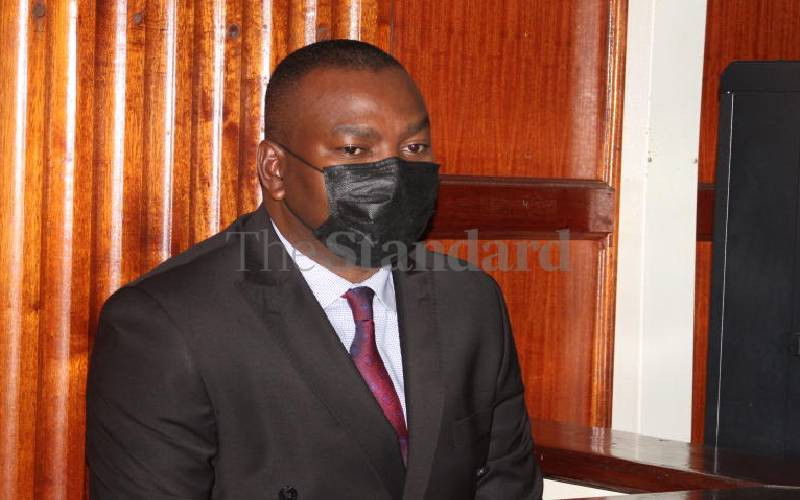Polling was supposed to have begun, but election officials were nowhere to be found, so one community on the outskirts of Nigeria's capital decided to start the election on their own Saturday morning.
Shortly after 8:00 am (0700 GMT) Teddy Oheje stood on a ledge at the White House polling station in the town of Maraba, Nasarawa state, writing numbers sequentially in blue ink on scraps of paper, distributing the tickets one-by-one to a large crowd of anxious voters.
"They are supposed to be here by now, so instead of us waiting for them we had to organise ourselves," Oheje, 31, told AFP, referring to officials from the Independent National Electoral Commission (INEC).
"You can't just expect us to sit down and wait...Everybody is here, ready to exercise his franchise," he said.
Nigeria's 2015 campaign has been the closest fought since independence and for the first time ever there is uncertainty about the likely winner, with President Goodluck Jonathan seeking a second term against ex-military ruler Muhammadu Buhari.
The closeness of the contest has added energy to the campaign, evident in the masses of voters crowding outside the polling station in Maraba, some of whom said they had been there since before sunrise.
Partly to contain frustration over INEC's initial no-show, local leaders decided to organise voters in a numbered queue so that registration could begin immediately once the officials arrived.
Locals could hardly wait to get polling started.
"We have been waiting for so long for God to show us the day," said 35-year-old Hassan Yesuza Ziga.
Fatima Saliyu, an 18-year-old student seeking to vote for the first time, said she just hoped for "peace and unity" during the polls.
"We want to vote for...one who can lead us," she told AFP, with her baby brother strapped to her back.
Underscoring security fears surrounding the vote, the military put central Abuja under lockdown, with no vehicles allowed in or out of the city unless they were displaying an INEC badge.
The roads around major government buildings were completely empty, amid fears of partisan unrest as well as attacks by Boko Haram Islamists, following threats from the group to disrupt the vote.
Technical problems
When INEC did show up, shortly before 10:00 am -- or two hours late -- the enthusiasm of the crowd was tempered by clear failures in INEC's new voter authentication system.
Stay informed. Subscribe to our newsletter
The much debated electronic voter card readers being used for the first time have been criticised by the ruling Peoples Democratic Party but backed by the opposition All Progressives Congress.
They sparked endless headaches.
The screens sporadically went blank, electoral officials struggled to implement data and in ten attempted registrations witnessed by AFP, fingerprint identification failed each time.
INEC volunteers quietly discussed whether to authenticate voters without the required fingerprint confirmation and did so in several cases.
Technological glitches also forced Jonathan and his wife Patience to temporarily abandon their registration in his hometown of Otuoke, in southern Bayelsa state.
Keeping peace
Tempers were rising and agents from both parties, growing frustrated with the delays, were called to a huddle with INEC staff.
"Please, I want this election to be credible," INEC's presiding officer at Maraba told the group.
"Any party that does not win here should sign the result," swearing to legitimacy of the process to help keep their supporters calm, the official said, requesting that his name not be published.
The PDP's representative at Maraba agreed, but separately told AFP that he felt outnumbered in this opposition-leaning neighbourhood, made up mostly of people from the mainly Muslim Hausa-Fulani ethnic group, of which Buhari is a member.
"I just called my party leader," he told AFP requesting anonymity. "I told him I need a tough guy, to back me up, in case of any eventuality."
 The Standard Group Plc is a
multi-media organization with investments in media platforms spanning newspaper
print operations, television, radio broadcasting, digital and online services. The
Standard Group is recognized as a leading multi-media house in Kenya with a key
influence in matters of national and international interest.
The Standard Group Plc is a
multi-media organization with investments in media platforms spanning newspaper
print operations, television, radio broadcasting, digital and online services. The
Standard Group is recognized as a leading multi-media house in Kenya with a key
influence in matters of national and international interest.
 The Standard Group Plc is a
multi-media organization with investments in media platforms spanning newspaper
print operations, television, radio broadcasting, digital and online services. The
Standard Group is recognized as a leading multi-media house in Kenya with a key
influence in matters of national and international interest.
The Standard Group Plc is a
multi-media organization with investments in media platforms spanning newspaper
print operations, television, radio broadcasting, digital and online services. The
Standard Group is recognized as a leading multi-media house in Kenya with a key
influence in matters of national and international interest.








